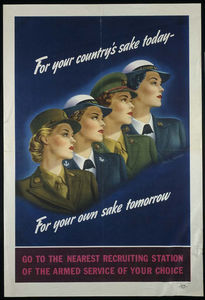
 I think of myself as a public service researcher. The Pew Charitable Trusts and the California HealthCare Foundation provide the funds for the work I do and, in turn, I do everything I can to inject the findings into the public conversation: publish reports and data sets online, for free; talk to reporters and bloggers about the findings; answer questions from interested members of the public; give briefings to policymakers, etc.
I think of myself as a public service researcher. The Pew Charitable Trusts and the California HealthCare Foundation provide the funds for the work I do and, in turn, I do everything I can to inject the findings into the public conversation: publish reports and data sets online, for free; talk to reporters and bloggers about the findings; answer questions from interested members of the public; give briefings to policymakers, etc.
As I’ve increased my “surface area” (ie, public availability) I have heard from more and more people who want my advice about their idea for a public health intervention, new website design, health app, business plan, or venture capital strategy (and that’s just this week). But I can’t get my work done if I don’t draw a hard line. So, most of the time, I turn down those requests for private consultations.
However, there are two ways that I can serve those individuals and serve the public: answering their questions in the open, on Twitter and in blog posts.
For example:
@erictopol @susannahfox Know of a reference for “members of social network trust peers and friends more than doctors”
— Leonard Kish (@leonardkish) April 23, 2013
@leonardkish @erictopol People turn to different sources for different kinds of information: pewrsr.ch/o0QMoy (2011)
— Susannah Fox (@SusannahFox) April 23, 2013
Here’s the best part: since the conversation was happening in public, another community member chimed in with useful information:
@susannahfox @leonardkish @erictopol Susannah, Do you have access to JAMA, March 6, 1996 Vol. 275 “Experts Explore Emerging Technologies…” — Elin Silveous (@ElinSilveous) April 23, 2013
Here are some examples of how I took a question public and generated an even richer trove of insights than I could have managed alone, thanks to community input:
- How many people use “ask a doctor” sites?
- What do we know about how rural residents use online health resources?
- Is there any hope for SMS health alerts when patients are due for preventive care?
- Do you have any thoughts about possible roles that academic health sciences libraries could play as peer-to-peer health care and mobile information explode?
I do hope that people don’t mind this model. When I slice up my time, I’m serving the public first, with the biggest piece. And I invite everyone to grab a fork and dig in.
Leave a Reply